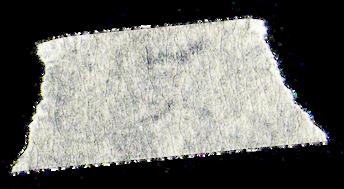
2 minute read
Jose Rizal and the 1896 Revolution
Jose 1896 Rizal and the Revolution

Advertisement
Throughout Philippine history, people have remembered Jose Rizal’s heroism mainly through his martyrdom. Unlike other heroes who struggled in an aggressive and brutal manner, Rizal believed that independence could be achieved peacefully. Often, a national hero is considered the leader of a national revolution. In the Philippines, however, Jose Rizal is recognized as a national hero despite his opposition to and repudiation of the 1896 Revolution. The 1896 Revolution, as well as other national revolutions, are frequently seen as the pinnacle of success and a period in history when people’s involvement, solidarity, and active participation in the struggle for freedom are most evident.




Engraving of Filipino insurgent leader Andrés Bonifacio
WIKIMEDIA COMMONS
The Philippine Army
https://www.filipinoamericanwar189 91902.com/thephilippinearmy.htm


From the very beginning, when I first had notice of what was being planned, I opposed it, fought it, and demonstrated its absolute impossibility. I did even more. When later, against my advice, the movement materialized, of my own accord I offered my good offices, but my very life, and even my name, to be used in whatever way might seem best, toward stifling the rebellion; for convinced of the ills which it would bring, I considered myself fortunate if, at any sacrifice, I could prevent such useless misfortune…. I have written also (and I repeat my words) that reforms, to be beneficial, must come from above, and those which comes from below are irregularly gained and uncertain. Holding these ideas, I cannot do less than condemn, and I do condemn this uprising which dishonors us Filipinos and discredits those that could plead our cause. I abhor its criminal methods and disclaim all part in it, pitying from the bottom of my heart the unwary that have been deceived into taking part in it. Jose Rizal’s Manifesto of December 15, 1896
According to Jose Rizal’s Manifesto of December 15, 1896, he expressed his opposition to the armed revolution against Spain. He declared that when the plan of the revolution came to his attention, he opposed it. He also indicated his fullest willingness to provide all he could to stifle the revolution. Furthermore, Rizal said unequivocally that an armed revolution was impossible, absurd, and destructive. The manifesto also emphasized the need for education in achieving liberty. Most significantly, Rizal believed that reforms must come from above in order to be aasdasdasdasdads successful and that those that come from below are weak, irregular, and uncertain. Despite the fact that Rizal was not directly involved in the Philippine Revolution, his novels Noli Me Tangere and El Filibusterismo are widely regarded as the catalysts for the revolution. These novels acted as a wake-up call to the people in opposition to Spanish colonial rule. Rizal's works have remained influential as, without them, the Filipino people would not have awoken and stood up for their nation.
By Allen Reyes










